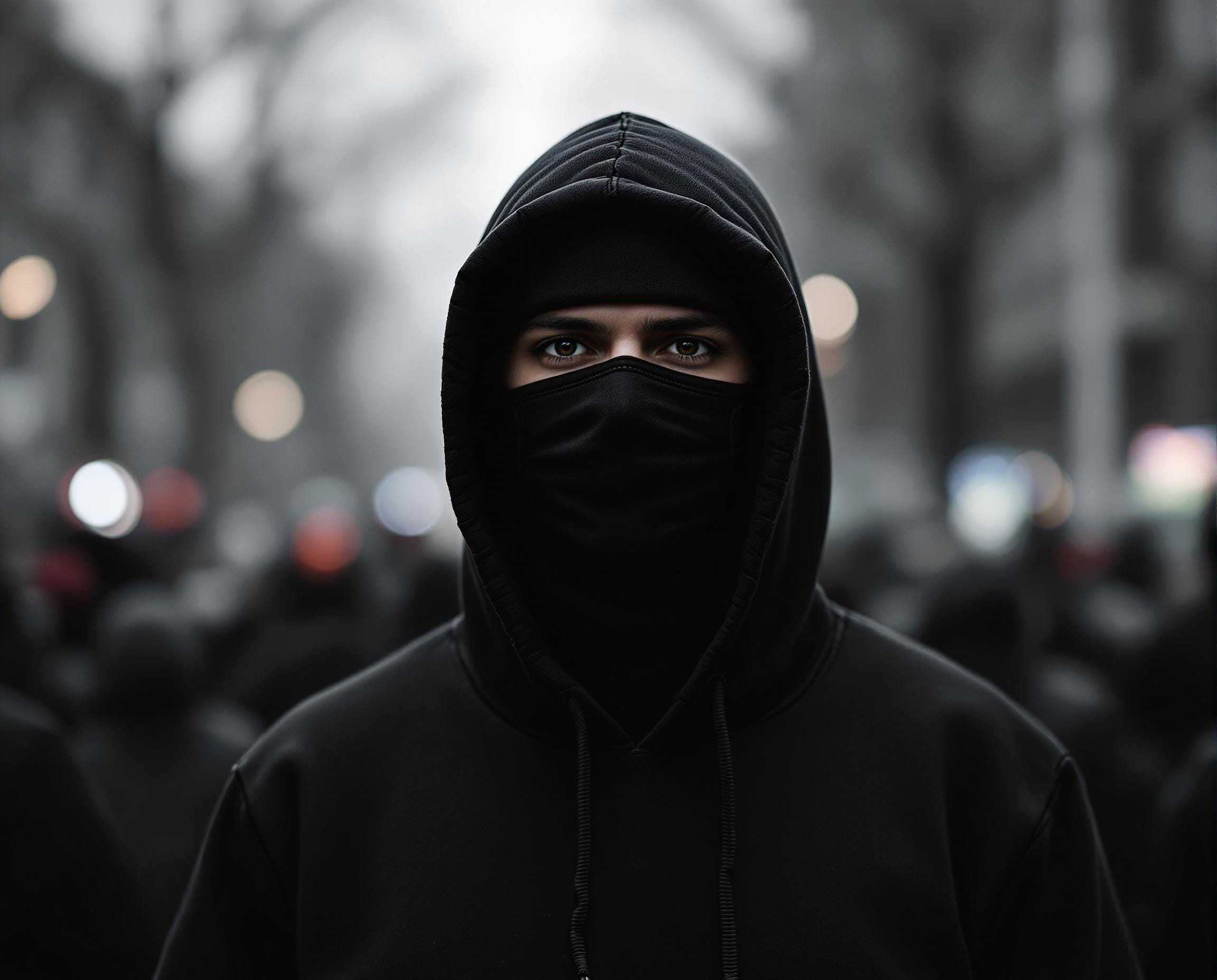When a Protest Crosses the Line
Protesting is not inherently illegal. The First Amendment guarantees the right to peacefully assemble and express views, even if they are controversial or unpopular. However, a protest can become unlawful when it shifts from peaceful expression into actions that violate laws or create a clear and present danger.- Peaceful Protests are Protected: The Constitution safeguards the right to protest peacefully.
- Unlawful Assembly: A gathering can be declared unlawful if participants intend to commit illegal acts or behave in a way that causes fear of violence.
- Violence and Intimidation: Physical violence, threats, or intimidation are not protected speech and can result in arrest.
- Obstructing Traffic: Blocking streets, highways, or sidewalks without proper authorization can be illegal.
- Trespassing: Entering private property without permission—or staying after being asked to leave—can lead to charges.
- Permits and Restrictions: Certain protest activities, such as street closures or using amplified sound, may require permits. Violating permit conditions can make a protest unlawful.
- Inciting Violence: Speech that directly encourages imminent illegal action or disturbs the peace is not protected.
- Protected Property Violations: Federal law prohibits disrupting or obstructing government operations in certain secured areas, including locations protected by the Secret Service.
Important Considerations
- Content-Neutral Restrictions: Authorities can enforce reasonable time, place, and manner rules, as long as these are applied equally regardless of the message.
- Police Discretion: Law enforcement can disperse crowds if there is a clear and present danger, using reasonable force.
- Your Rights if Arrested: You have the right to remain silent, provide your name and address, and request a lawyer.
- Private Property Rules: Property owners can set their own rules and have individuals removed for violations.
- First Amendment Reminder: The right to protest exists regardless of whether the cause is popular or not—what matters is staying within the law.

